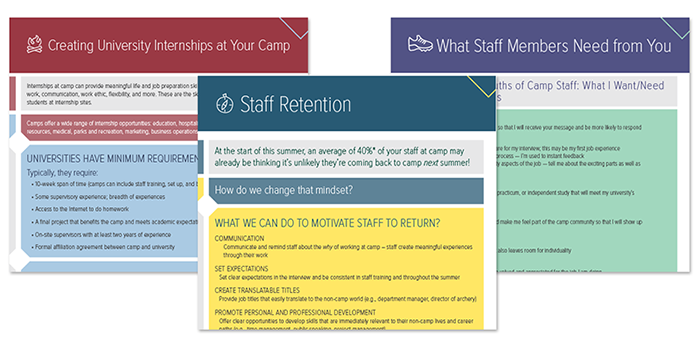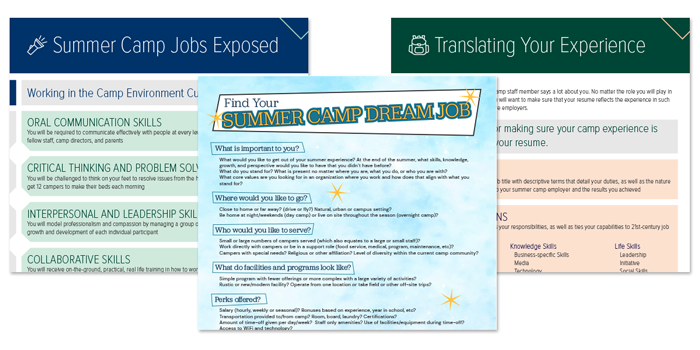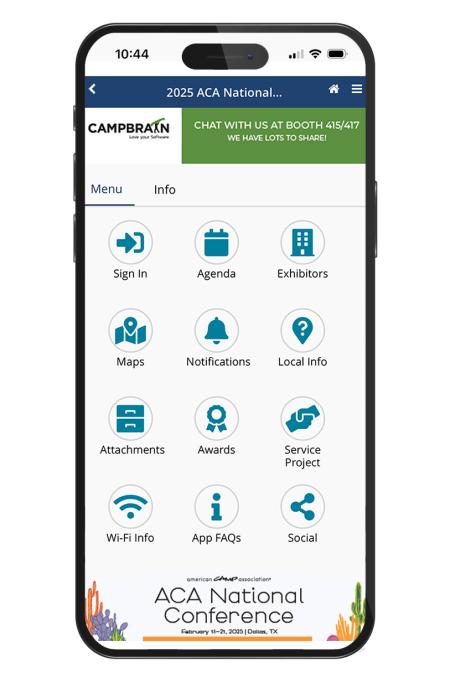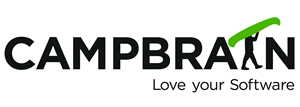This article was updated on July 2, 2024.
Update: As detailed in the article linked below this message, on June 28, 2024, the new FLSA “white collar” rule regarding minimum salary levels for overtime exemptions was partially enjoined by a federal court in Texas, but only as to employees of the State of Texas. While the rule may yet be fully enjoined, as of July 1, 2024, all other employers (other than the State of Texas) must comply with July 1 salary threshold increase unless and until further legal developments dictate otherwise. (Please note that this change has no impact on the potential applicability of the 13(a)(3) exemption discussed below.)
July 1, 2024 Update from Ice Miller LLP
----------
Employers must contend with a web of federal, state, and local laws, the requirements of which are highly nuanced and continually evolving. Unfortunately, there is no simple solution to guarantee ongoing compliance. Regularly reviewing and updating compensation policies and practices is your best protection from the expense and stress of a wage and hour lawsuit or investigation. Achieving compliance can be a challenge, but it is nothing compared to the potentially existential threat of massive wage and hour liability.
To assist your camp in meeting that challenge, this article discusses key issues regarding the compensation of camp staff, with a particular focus on the nuances of the 13(a)(3) “seasonal” exemption to the Fair Labor Standards Act's minimum wage and overtime requirements. Please note that this article is provided for informational purposes only and should not be construed as a substitute for legal advice and may not address all minimum wage and overtime issues relevant to your operation. We strongly encourage members to discuss the matters addressed in this article with employment counsel and have their compensation policies and forms reviewed by legal counsel on a regular basis.[1]
FLSA Seasonal Exemption for Camps
Many seasonal camps have long relied upon the 13(a)(3) “seasonal” overtime and minimum wage exemption to the federal Fair Labor Standards Act (FLSA). The applicability of the 13(a)(3) exemption focuses on the operations of the organization itself, not the duties of individual employees, as opposed to the “white collar” exemptions (discussed below), which apply on an employee-by-employee basis. If the 13(a)(3) exemption applies to a camp's entire operation, all of the camp's employees are exempt from the FLSA irrespective of whether they individually qualify for another exemption, and there is no minimum salary requirement.
Specifically, Section 13(a)(3) provides an exemption from its minimum wage and overtime provisions for any employee[2] employed by an organized camp, or religious or nonprofit educational conference center if (A) the establishment does not operate for more than seven months in any calendar year, or (B) during the preceding calendar year, its average receipts for any six months of such year were not more than 33 and 1/3 percent of its average receipts for the other six months of the year.
The exemption may seem simple enough at first glance, but the particulars of its application require careful analysis. While many camps are able to take advantage of the exemption, it is not a blanket exemption for all camps, particularly given the increasing prevalence of nontraditional camps and camp-like programs. The following are just two examples of the nuances of the exemption that require close attention. (Also see the section below regarding the effect of state and local laws, which in some cases effectively negate the application of the 13(a)(3) exemption.)
Separate Establishments on the Same Premises?
Critically, in the context of the 13(a)(3) exemption, the term “establishment,” as defined by FLSA regulations, refers to “a distinct physical place of business, rather than to an entire business or enterprise, which may include several distinct places of business.” One particular part of a larger enterprise may qualify for the exemption, whereas other parts of the enterprise do not. For example, a summer camp operated by a youth organization that also provides other year-round services may still be able to take advantage of the 13(a)(3) exemption as to the camp only if the camp stands alone as a separate establishment.
This can get tricky when a camp seeking to utilize the exemption is operated on the same premises as another putative establishment (for example a year-round school, day care, or after school program) that does not qualify for the exemption. Under the FLSA regulations and US Department of Labor (DOL) guidance, three requirements control whether multiple establishments on the same premises are separate business units for 13(a)(3) purposes: “(a) physical separation from other activities, (b) functional operation as a separate unit with separate records and separate bookkeeping, and (c) no interchange of employees between the units.” (Emphasis added.) (A DOL opinion letter discussing this issue can be found here.) If all three requirements are not observed, then the exemption is likely unavailable to the camp, even if the seasonality test is met. Notably, in other informal guidance contained in its Field Operations Handbook, the DOL has opined that a camp operated on school premises during the summer (i.e., when school is not in session) is not necessarily disqualified from the exemption merely because it operates on the same grounds as the school.
What Receipts?
In applying the 33 and 1/3 percent seasonal test, what counts as “receipts”? Does “receipts” mean revenues accrued during a certain period, or money actually received? Is it up to the employer to decide how to account for its receipts?
Several federal courts have provided guidance on this issue. They have held that “receipts,” in this context, means “money actually received” during the period in question. The calculation of receipts does not depend on the particular employer's accounting system. Instead, what matters is when the establishment actually received the money. In a 2021 opinion letter, the DOL further clarified that an employer cannot rely upon an accrual accounting method in determining when receipts were received for purposes of the test; the actual time of receipt is what matters.
As to nonprofit organizations, for many years there was no clear rule as to whether donations and pledges count towards “receipts,” and at least one federal court had ruled that they did. However, in the same 2021 opinion letter noted above, the DOL concluded the charitable donations to a not-for-profit camp do not have to be counted for purposes of the 33 and 1/3 percent test. (See opinion letter here.)
“White Collar” Exemptions May Apply
For camps that are covered by the FLSA but cannot take advantage of the 13(a)(3) exemption, the white collar exemptions are generally the most plausible route to lawfully classifying some camp employees (most likely those in supervisory or administrative positions) as overtime exempt. The exemptions (Administrative, Executive, Professional, Outside Sales, and Computer-Related Occupation) generally require that an employee meet the “duties” test for the particular exemption, and that he or she be paid the minimum salary required on a “salary or fee basis,” which is not subject to reduction based on quality or quantity of work performed. Whether an employee meets the “duties” requirement of a particular exemption depends on the duties they actually perform, not job titles or position descriptions.
Notably, significant increases to the minimum salary required for most of these exemptions are currently scheduled to go into effect in two stages on July 1, 2024, and January 1, 2025. Under the DOL’s April 24, 2024, final rule, the minimum annualized salary for most white-collar exemptions is scheduled to increase from the current $35,568 per year ($684 per week) to $43,888 per year ($844 per week) on July 1, 2024, followed by larger jump to $58,656 ($1,128 per week) on January 1, 2025. Further increases may be implemented on July 1, 2027, and every three years thereafter applying the same methodology that was used to determine the July 1, 2024, and January 1, 2025, increases. Likewise, the minimum annual salary threshold for the “highly compensated employee” exemption is scheduled to increase from the current $107,432 per year to $132,964 per year on July 1, 2024, with another bump up to $151,164 per year on January 1, 2025. It too will be subject to periodic increases beginning on July 1, 2027.
As of the date of publication, the final rule is currently being challenged in at least two separate federal lawsuits. While it is possible that the salary increases will be stayed or enjoined before the initial effective date (or the January 1, 2025, full effective date), employers impacted by the rule should make contingency plans for increasing salaries of exempt employees who are below the new threshold or re-classifying them as hourly or salaried non-exempt.
Don't Forget State and Local Laws!
States and municipalities may institute their own overtime (and minimum wage) standards (including exemption requirements) that are more stringent than FLSA rules. If an employer is subject to both a state and federal overtime standard, the more stringent of the two controls. For example, many states mandate a minimum wage higher than the $7.25/hour federal requirement and/or higher minimum salaries for their versions of the white collar exemptions. Of particular relevance to camps, some states (California, among others) have much narrower overtime and minimum exemptions for camp staff. In these states, the fact that a camp may qualify for the federal 13(a)(3) exemption is an effectively moot point, because some or all camp staff may not qualify as exempt under the state overtime standards. For this reason, all camps need to be aware of state and local wage and hour requirements, and it is strongly recommended that these concerns be reviewed with employment counsel.
Do You Have That in Writing?
Finally, a key element of wage and hour compliance and litigation avoidance is written documentation of your policies and practices. Maintaining clear compensation policies and accurate position descriptions (for exemption purposes) is a must. Likewise, compensation arrangements with individual employees should be well-documented, typically in the form of an offer letter (with clear at-will employment disclaimers). Terms and conditions of bonuses, commissions, and other incentives should be clearly delineated. In the case of certain year-round staff, formal employment agreements may be appropriate. Again, it is a best practice to have employment policies and forms (such as offer letters and applications) regularly reviewed by employment counsel.
[1] Portions of this article are taken from a similar article by the same author published previously on this site and from a recent article regarding the new FLSA white collar regulations.
[2] The exemption does not cover certain employees of private entities "engaged in providing services or facilities (other than, in the case of the [minimum wage] exemption … a private entity engaged in providing services and facilities directly related to skiing) in a national park or a national forest, or on land in the National Wildlife Refuge System, under a contract with the Secretary of the Interior or the Secretary of Agriculture.”
This publication is intended for general information purposes only and does not and is not intended to constitute legal advice. The reader should consult with legal counsel to determine how laws or decisions discussed herein apply to the reader's specific circumstances.
Emmanuel "Manolis" Boulukos is a partner in Ice Miller’s Labor and Employment Group. Manolis represents and advises clients in labor and employment law matters, including federal and state litigation; wage and hour issues; administrative proceedings before the Equal Employment Opportunity Commission and the National Labor Relations Board; collective bargaining; arbitrations; union organizing; and the development of employment policies and practices, including conducting extensive wage and hour audits.











